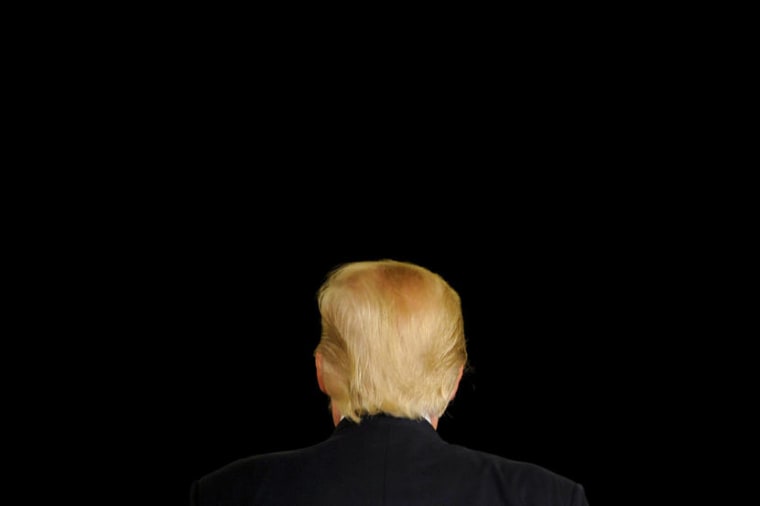Donald Trump is not the first president to issue provocative pardons. Bill Clinton's Marc Rich pardon, for example, was the basis for a significant controversy in 2001. Nineteen years earlier, as regular readers know, George H.W. Bush's Christmas Eve pardons for several officials at the center of the Iran-Contra scandal were among the most scandalous pardons in American history.
But Trump appears eager to re-write the rules of the game in ways that are truly brazen. It's not just the current president's willingness to use his pardon power as a partisan tool, it's also the process through which these decisions are made. The New York Times reports:
The clemency orders that the president issued [Tuesday] to celebrity felons like [Bernie] Kerik, Rod R. Blagojevich and Michael R. Milken came about through a typically Trumpian process, an ad hoc scramble that bypassed the formal procedures used by past presidents and was driven instead by friendship, fame, personal empathy and a shared sense of persecution. While aides said the timing was random, it reinforced Mr. Trump's antipathy toward the law enforcement establishment.
The White House announced seven pardons and four commutations this week, and as the Times' report added, "All 11 recipients had an inside connection or were promoted on Fox News."
Margaret Love, who served as pardon attorney under President Bill Clinton and now represents clients seeking clemency, told the newspaper, "There is now no longer any pretense of regularity. The president seems proud to declare that he makes his own decisions without relying on any official source of advice, but acts on the recommendation of friends, colleagues and political allies."
Bureaucracies exist to prevent corruption. It is, to a very real extent, their purpose: when everyone has to do the same paperwork, jump through the same hoops, and wait in the same lines, no one gets special favors based on influence or money.
When it comes to clemency petitions, there's an Office of the Pardon Attorney at the Justice Department, where literally thousands of appeals sit. Those who filed those petitions probably thought their best chance of success was to play by the rules, and hope officials in positions of authority did the same.
And like so many other areas of civil life in the Trump era, this process has been corrupted, too.

